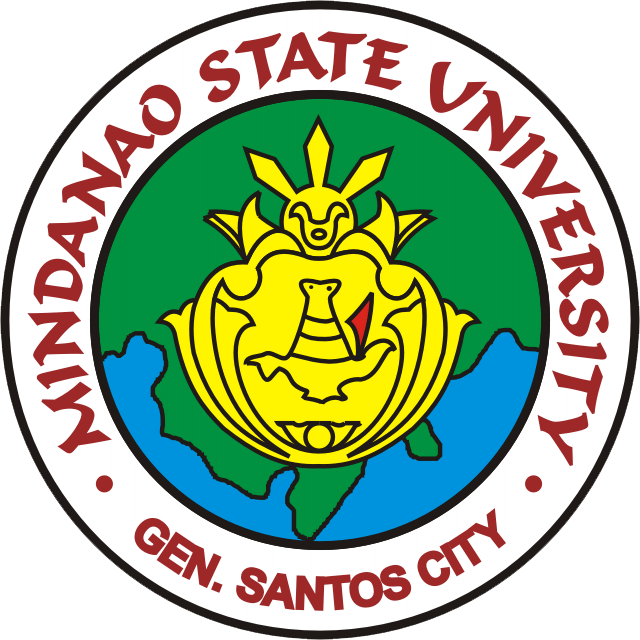The study was conducted in Koronadal City, South Cotabato to find out the factors affecting the adoption of dragon fruit. There were 90 respondents interviewed which includes the farmer-adopters and farmer non-adopters. Specifically, the study aims to evaluate the demographic characteristics of farmer-adopters and farmer non- adopters, their farm management practices, their profitability, and the factors affecting the adoption of dragon fruit. Majority of farmer-adopters and farmer non-adopters are male, married, adult, and high school graduate. Farmer-adopter's number of household members are at least five people while farmer non-adopters are more than five people. Majority of the farmer-adopters and non-adopters are land owners. Farmer-adopters has at least 1-5 years of experience and farmer non-adopter has above 16-21 years of experience in farming. Majority of farmer-adopters and non-adopters experienced more than one to five extension visits, participated in more than one to five farming related trainings and seminars, and also majority are not members of any farmer's association in Koronadal City. Majority of the farmer-adopters are backyard growers; the production was only for consumption and has zero income and has no cost incurred on the production. Majority of farmer non-adopters recognized dragon fruit farming and majority of farmer non-adopters are willing to adopt dragon fruit farming. On the farm management practices, during the propagation farmer-adopters used 6-15 inches of health mature segments of dragon fruit, others were using concrete posts, other farmer- adopter used branches of Malunggay as a support structure and as a new technology in fertilizing, and others were mixing NPK and foliar fertilizers. Cost and return analysis showed that the production is profitable. The factors that affect the adoption of backyard dragon fruit production are membership to associations and gender. The Office of the City Agriculturist may enhance the dissemination of information about dragon fruit production.
Author
ELLA MARIEL QUIAMCO PAGDATO
Abstract
SY
2022
Program
Bachelor of Science in Agricultural Business Management
Department
Department: Animal Science and Agribusiness
College
College: Agriculture
